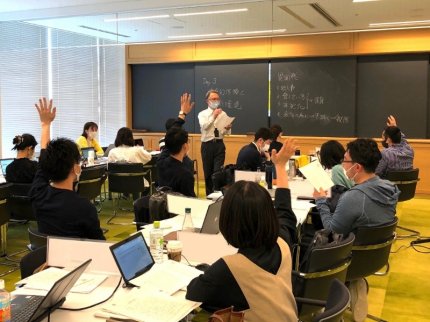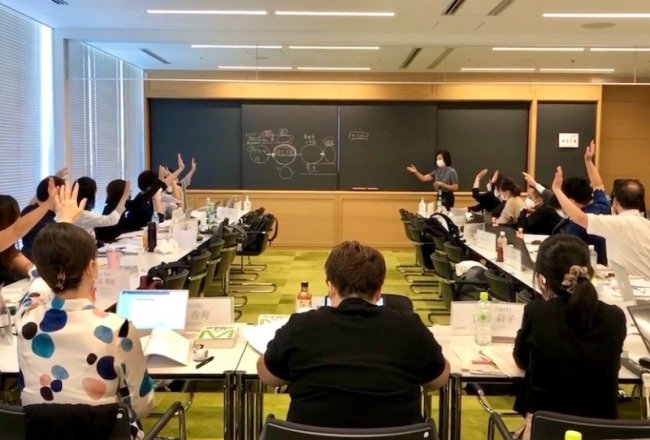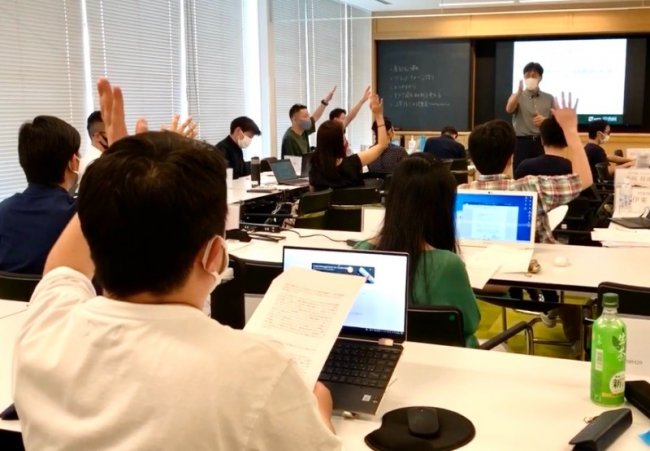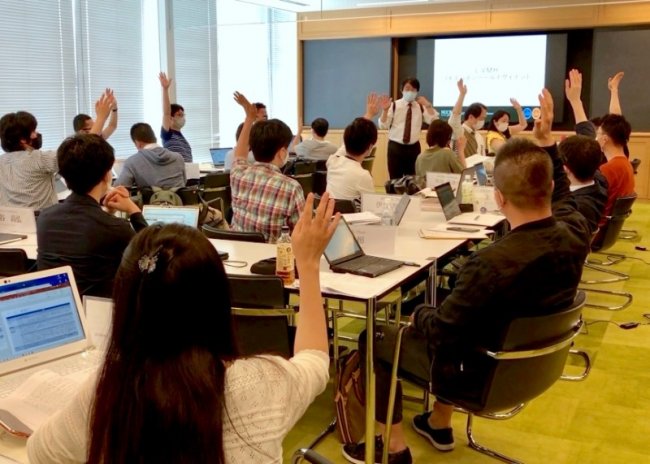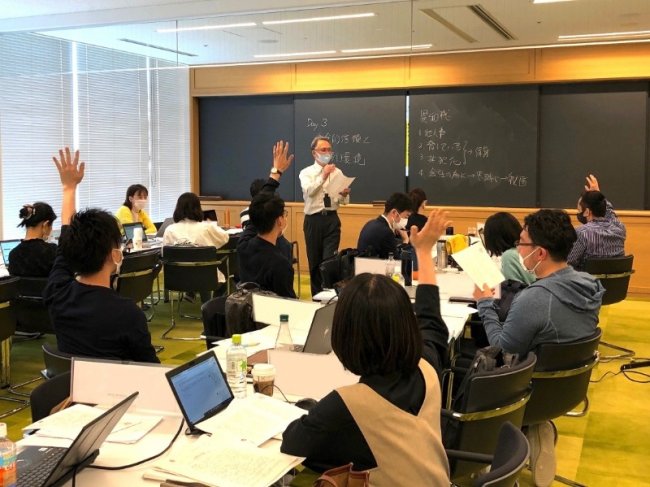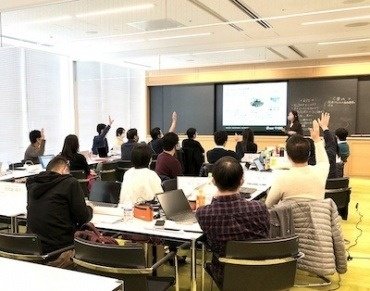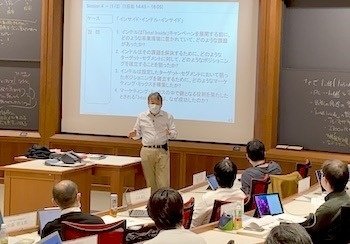Introducing "Corporate Governance and Business Ethics," an EMBA course which will start on May 8 at the Osaka Campus. Professor Hirotomo Abe, who is in charge of the class, is an outside director of a company listed on the first section of the Tokyo Stock Exchange, and also serves as the chairperson of the Ministry of Justice's Council for the Promotion of Translation of Japanese Laws and Regulations into Foreign Languages.
Prof. Abe is making efforts to disseminate information overseas by translating laws and regulations into English in order to promote inward direct investment. At our school, you can learn practical business-related skills from practitioners who have been active in the front line of business.
Corporate governance is an essential concept for business ethics. Business ethics is realized when management systems such as internal controls and segregation of duties function soundly and prevent injustice from occurring. By learning how these control functions can malfunction and the relationship between business ethics and corporate governance through the case method, students will acquire the ethical thinking methods necessary for corporate management, as well as the ability and broad insight to implement them.
The second day of the class dealt with the case of Olympus, a major optical and electronic equipment manufacturer, whose long-running and massive accounting scandal came to light in 2011 after a whistle-blowing report by its then newly appointed CEO.
The fraud continued for about 20 years and involved various factors such as excessive efforts in financial technology during the bubble economy and a loss separation scheme called "flying."
In light of this context, we discussed why corporate controls did not function well and why accounting fraud continued, in addition to examining how corporate governance in this case was not well organized.
We also discuss in depth the practical obstacles to corporate governance in this case and how to overcome them, and considered the requirements to prevent scandals in the future.
We are continuing to operate classes with thorough measures to prevent the spread of the novel coronavirus, including thorough disinfection and temperature checks upon entering the building, seating students with one seat vacant while maintaining a social distance, and keeping classroom entrances and exits open and thoroughly ventilating the rooms with circulators.

 Brochure
Brochure
 Information Session
Information Session
 Online Application
Online Application
 MBA Basics
MBA Basics

